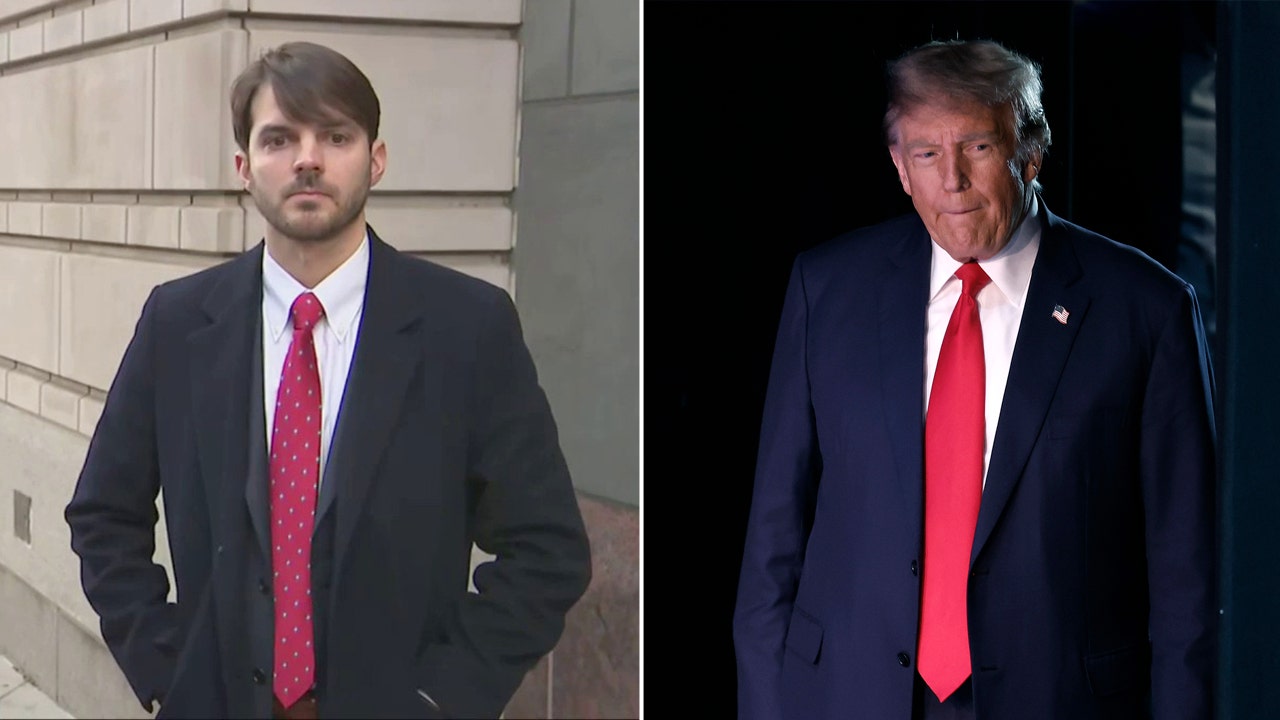Trump tax leaker invokes Fifth Amendment and refuses to testify to House panel

Charles Littlejohn, a man serving time in prison for leaking confidential tax records, recently invoked his Fifth Amendment right and refused to testify before the House Judiciary Committee. Littlejohn, a former IRS contractor currently serving a five-year sentence in Illinois, was represented by a public defender who informed the committee that Littlejohn was appealing his sentence, thus making him exempt from testifying.
The committee, led by Republicans, is investigating a plea deal Littlejohn struck with the Biden administration’s Department of Justice in 2023. Littlejohn admitted to accessing and disclosing President Donald Trump’s tax information, as well as the tax returns of other wealthy individuals, to media outlets like the New York Times and ProPublica. Some of the prominent figures targeted included Elon Musk, Jeff Bezos, and Warren Buffett.
As part of the plea bargain, Littlejohn pleaded guilty to a single count of unauthorized disclosure of tax returns and received a maximum 60-month sentence. However, U.S. District Judge Ana Reyes, appointed by former President Joe Biden, expressed concerns about the leniency of the plea deal, given the wide-reaching impact of Littlejohn’s actions on thousands of individuals.
Republicans, including Senator Rick Scott and House Ways and Means Committee Chairman Jason Smith, criticized the DOJ for what they perceived as a light-handed approach to prosecuting Littlejohn. House Judiciary Committee Chairman Jim Jordan penned a letter to the Trump administration’s DOJ, requesting all communications and records related to Littlejohn’s prosecution. Jordan highlighted the extensive nature of Littlejohn’s breach, which affected over 405,000 taxpayers, with a majority being business entities.
The DOJ declined to comment on Jordan’s request, raising further questions about the handling of Littlejohn’s case. The investigation continues, with Republicans pushing for more transparency and accountability in prosecuting individuals who leak sensitive taxpayer information.
In conclusion, the case of Charles Littlejohn serves as a reminder of the importance of safeguarding confidential information and holding accountable those who violate privacy laws. The ongoing investigation sheds light on the complexities of prosecuting individuals involved in high-profile leaks and underscores the need for stringent measures to prevent future breaches of trust.




